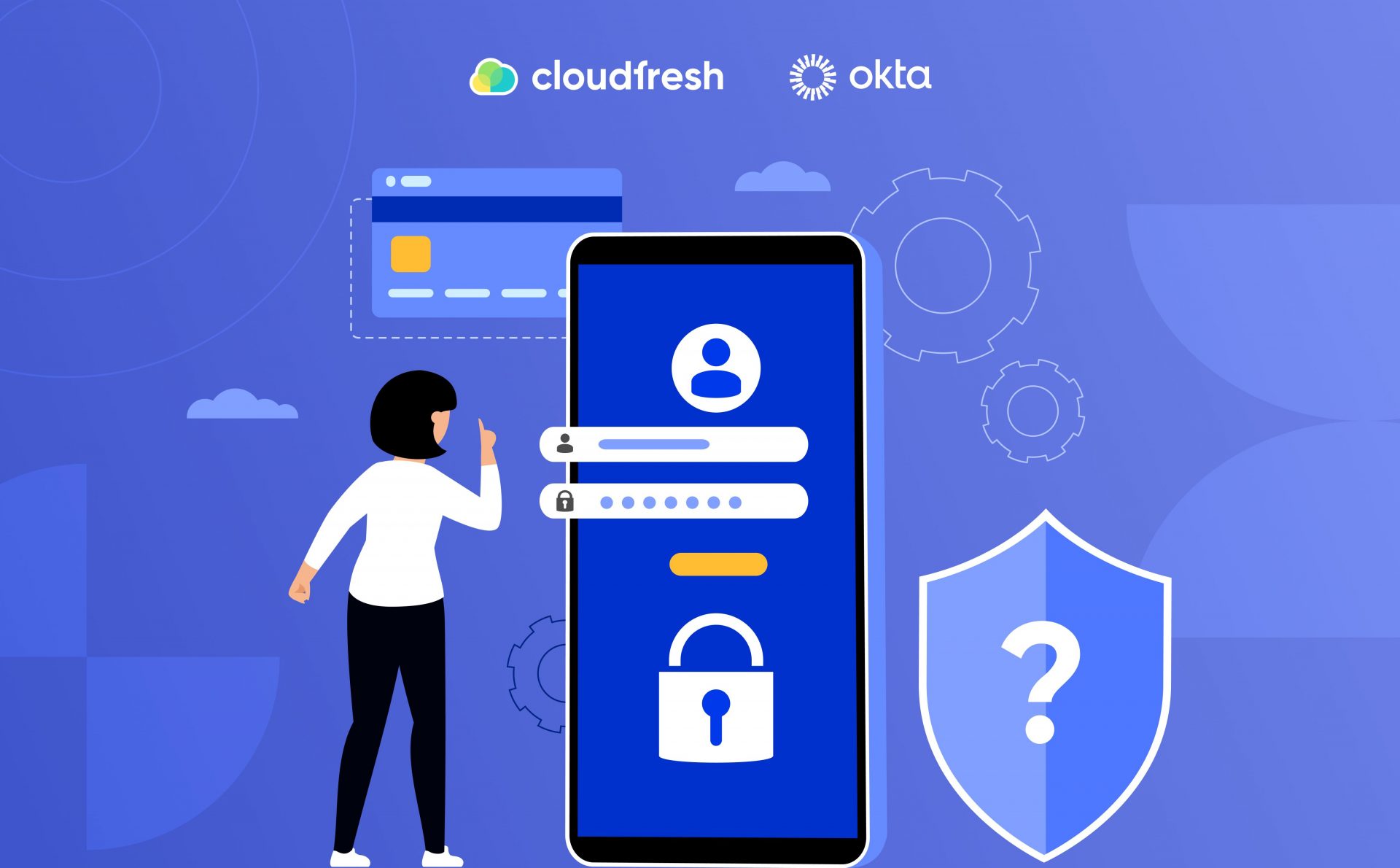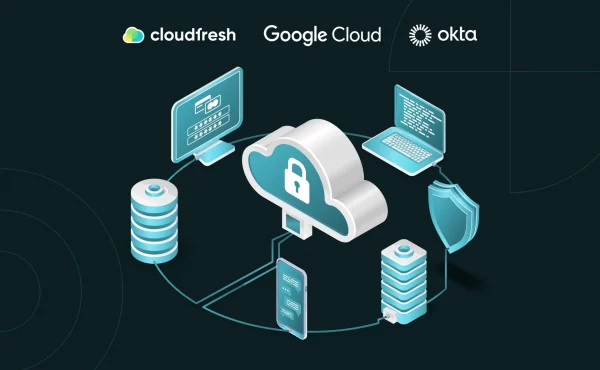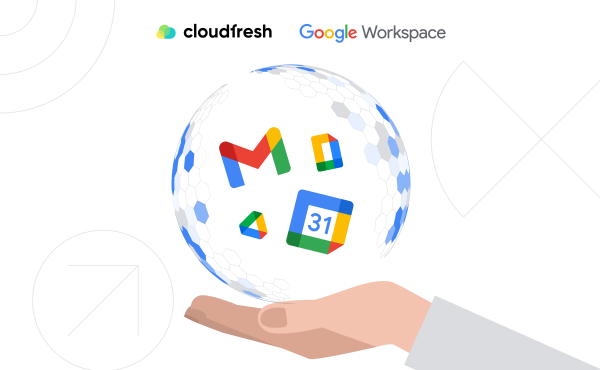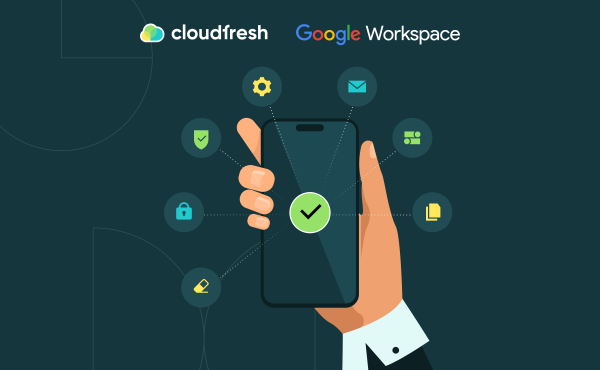Enhancing Organizational Security with Cloud Identity and Access Management: Exploring GCP and Okta Solutions
How to Choose the Best Security Questions for Maximum Safety

In the digital age, where data breaches and unauthorized access are growing concerns, security questions play a pivotal role in shaping a protected digital environment around one’s organization. But what is a security question, and how can it effectively protect user accounts? This article delves into the best security questions, offering practical insights into their selection and implementation to ensure robust identity security.
What is a Security Question?
A security question is a form of user authentication that verifies identity-based on personal knowledge. These questions typically serve as a secondary method of authentication, often used during password recovery or account verification processes. By answering a specific question correctly, users prove their identity, allowing them access to their accounts or the ability to reset their passwords.
Understanding Security Questions: Types and Examples
Security questions can be broadly categorized into three types based on their structure and the kind of answers they require:
- Factual Questions: These questions ask for concrete, verifiable information.
Examples: “What is your mother’s maiden name?”, “What was the name of your first pet?” - Preference-Based Questions: These questions relate to personal likes and preferences.
Examples: “What is your favorite book?”, “What is your favorite color?” - Experience-Based Questions: These questions are based on personal experiences or memories.
Examples: “What was the name of the street you grew up on?”, “Where did you go on your honeymoon?”
Common security questions, which are familiar to many users, are designed to be straightforward, asking for information that is assumed to be known only by the user.
Examples include:
- “What is the brand of your first car?”
- “What was the name of your elementary school?”
- “In what city were you born?”
These questions are easy to remember and answer but may also be susceptible to guesswork or information gleaned from social media profiles.
The effectiveness of a good security question lies in its balance between being memorable for the user and difficult for others to guess. To enhance security, consider these attributes:
Uniqueness: The question should prompt an answer that is not easily accessible through public records or online searches.
Stability: The answer should not change over time, ensuring consistency for future verification.
Simplicity: The question should be clear and easy for the user to understand and remember.
Examples of good security questions:
- “What is the name of the first company you worked for?”
- “What is the middle name of your oldest sibling?”
- “In what city did your parents meet?”
These questions are more personalized, reducing the risk of being easily guessed or researched.
Best Practices for Choosing a Good Security Question
To ensure security questions effectively protect user accounts, follow these best practices:
- Choose Unique Questions
Select questions that require responses that are not easily found in public records or on social media. Questions about personal experiences or memories that are not publicly shared make the best security questions. - Avoid Predictable Patterns
Avoid using questions with answers that can be easily guessed or are too common. For instance, questions about favorite colors or birthplaces can often be deduced or guessed. - Use Diverse Question Sets
Employ a variety of questions to cover different aspects of the user’s life, making it harder for attackers to guess multiple answers. - Make Answers Hard to Guess
Encourage users to choose answers that are not straightforward or easily guessable. Complex or less obvious answers add an extra layer of security. - Regularly Review and Update Questions
Periodically review the effectiveness of your security questions and update them as needed to address any emerging vulnerabilities or changes in user information. - Provide Clear Guidance to Users
Offer users tips and best practices on how to choose strong security question answers, emphasizing the importance of selecting answers that are unique and not easily found.
By following these practices, you can make security questions a more reliable part of your overall security strategy.
Integrating Modern Security Solutions
Integrating advanced identity and access management solutions is crucial for organizations aiming to enhance their security measures.
Platforms like Okta offer much better tools than traditional security questions. With features like multi-factor authentication (MFA) and single sign-on (SSO), Okta provides stronger protection against unauthorized access.
Although security questions can still be handy, their effectiveness depends on picking unique, stable, and easy-to-remember questions. For a more secure and smooth authentication process, it’s worth exploring modern solutions.
In the realm of online security, Okta emerges as a superior choice compared to traditional security questions. Here’s why:
- Stronger Authentication: Okta uses multi-factor authentication (MFA), which requires more than just a password or answer to a security question, making it much harder for unauthorized users to gain access.
- Reduced Risk of Phishing: Security questions can often be guessed or found through social media. Okta’s MFA methods, like biometric scans or push notifications to a mobile device, are much more secure.
- Centralized Identity Management: Okta provides a centralized platform to manage and monitor all user identities, ensuring consistent security policies across all applications.
- Automated Threat Detection: Okta has built-in tools that automatically detect and respond to unusual login activities, adding an extra layer of protection.
- Convenience and User Experience: With Okta, users don’t have to remember answers to multiple security questions, making the login process faster and more user-friendly while still being secure.
With Cloudfresh, as a certified Okta partner, you get tailored implementation and training services to ensure your organization is harnessing the full potential of Okta’s security features. Our Okta consulting services are designed to help companies integrate advanced identity management solutions, enhancing their overall security posture.
By partnering with Cloudfresh, you gain access to expertise that ensures Okta’s powerful tools are fully optimized for your organization’s unique needs.














